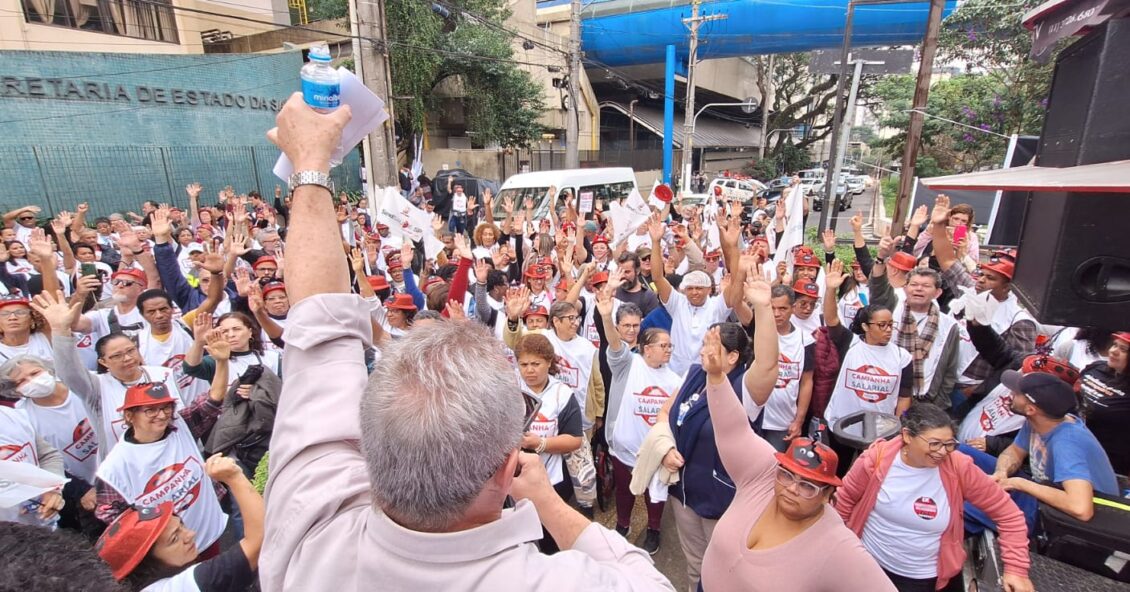World Players Executive Director Brendan Schwab considers how human rights is shaping the future governance of global sport, including the development and practice of global sports law, in his latest law journal article, which first appeared in Sweet & Maxwell’s International Sports Law Review August 2019 edition
Protect, respect and remedy. Global sport and human rights.
Brendan Schwab
“[T]he sport rendered athletes inherently vulnerable…[T]here were embedded cultural norms unique to elite gymnastics that eroded normal impediments to abuse while at the same time reducing the likelihood that survivors would come forward. The culture was intense, severe and unrelenting. It demanded obedience and deference to authority. It normalized intense physical discomfort as an integral part of the path to success.”
Ropes and Gray Report of the independent investigation: The constellation of factors underlying Larry Nassar’s abuse of athletes. Executive summary, 10 December 2018 p. 3 https://www.nassarinvestigation.com/en
An essential question continues to be asked of those who govern sport: what, precisely, are the minimum standards of expected conduct of Sports Governing Bodies (SGBs)?
After all, major global SGBs such as the International Olympic Committee (IOC) and the Fédération Internationale de Football Association (FIFA) are not only transnational businesses of considerable scale and reach, they purport to act autonomously and exercise the power to make and enforce legally binding regulations which impact people in far reaching ways. Indeed, SGBs have developed a specific ‘global law without the state’.
In an article which first appeared in Sweet & Maxwell’s International Sports Law Review August 2019 edition, Word Players Executive Director Brendan Schwab considers the forces that have, over the last decade, made respect for internationally recognised human rights a minimum standard of expected conduct of SGBs. It:
- Explains how the autonomy of sport cannot be legitimate when connected with human rights abuse
- Provides an overview of the pressing human rights challenges that global sport confronts due to its significant impacts on the human rights of athletes and other people involved in its activities and business relationships
- Considers the different standards of conduct of SGBs expected under the conflicting norms that inform the framework and principles of internationally recognised human rights and the content of global sports law
- Reviews the varying approaches of major global SGBs to meeting their corporate responsibility to respect internationally recognised human rights, which range from organisations such as the Commonwealth Games Federation (CGF) which has made championing human rights a central and distinguishing feature of its work, to the International Association of Athletics Federations (IAAF) which continues to deny it has any responsibility to respect human rights.
Schwab also explains the legal rationale behind increasing calls for the Olympic Charter to be amended by adding a new fundamental principle of Olympism to embed human rights within the Olympic Movement. The fundamental principles of Olympism presently mention ‘human dignity’, provide that ‘the practice of sport is a human right’, and prohibit discrimination. Overwhelmingly, however, ‘Olympism is [considered] a philosophy of life’. That philosophy can promote both positive and harmful values and behaviours. The new fundamental principle of Olympism is needed to embed the human rights of athletes and other affected groups. It should read:
The Olympic Movement is committed to respecting all internationally recognised human rights and shall strive to promote the protection of these rights.
The article concludes by reflecting how human rights will shape the future governance of global sport, including the development and practice of global sports law.
The full article can be accessed below.


